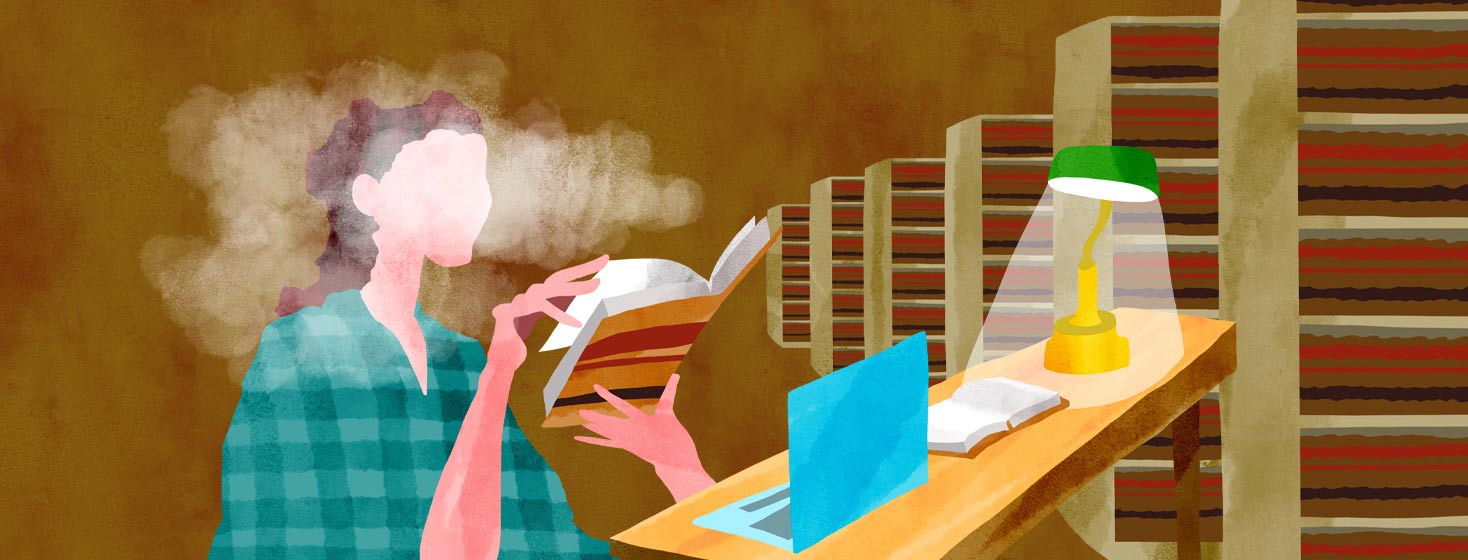Dealing With Brain Fog as a Student
Being a student alone is very difficult. On top of that, having a chronic illness and extreme brain fog makes things even more complicated.
I've always had memory issues
From what I can remember, even in high school, I've had memory issues. As soon as I finished an exam, everything I had studied for would be forgotten. I never really understood why I always felt so "slow." Sometimes I would have a sentence in mind, but could barely get it out my mouth properly. I would just blank and forget what I was talking about. It would be embarrassing and stressful because I had no idea why this was happening. Was I just stupid?
Brain fog and NMO
The memory issues and brain fog began to get worse after my first NMO attack. Along with the lesion in my brain, some of the side effects of the medication I was on were extreme brain fog and memory loss. First, I was given morphine in the hospital, almost three to four times a day. It got to the point where I used to forget where I was for a few seconds. After the morphine, I began to take gabapentin three times a day for several months.
I need my memory to work
Being a law student means you need to memorise a lot of things, including long pieces of legislation. I missed a few months of my second year because I was recovering from my attack. As soon as I joined my classes, I realised I had forgotten everything I learned the previous year. I was so worried that this would affect my final grade and I would not be able to get into university, which was my goal all along.
I really tried my hardest
Even though my memory loss was at its worst, I was motivated to try my hardest. I started weaning off gabapentin which, at the time, I thought was the main culprit. It did make the tiniest difference. I still cannot remember a lot of things. From this past year, I barely remember anything except having my attack and what has happened thereafter.
I have to write it down
What I tend to do now is let people know that I may not remember what they tell me, and it isn't my fault. I do not trust myself at all to remember anything without having a note of it. It is quite upsetting to feel unreliable because of my memory issues, especially being so young. My dad is in his late 40's and remembers everything in detail from his teenage years, and I'm here, in my late teens and can barely remember what I had to eat a few days ago.
On a positive note, at least I finally have the answers to why I always felt so slow in school. I wasn't stupid; I just had an illness that appeared two years later. Well, having an illness isn't a positive thing, but having answers is!
What do you do to combat brain fog? Share some tips with us in the comments

Join the conversation